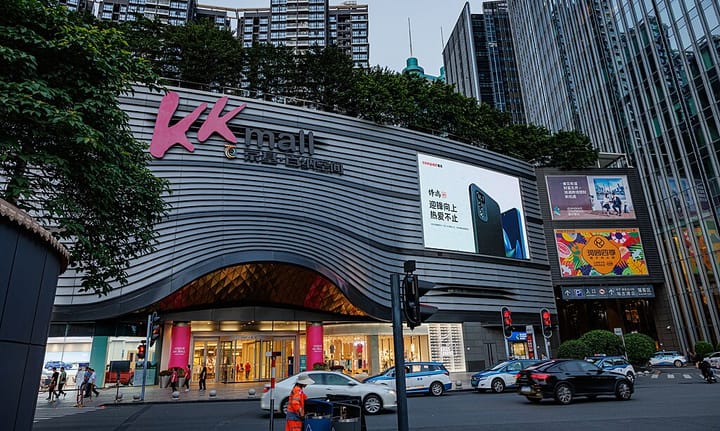Japan and the Netherlands may join the US in restricting semiconductor sales to China
Last October, the US placed strict controls on sales of semiconductors and the machines used to make them to China.

A few minutes every morning is all you need.
Stay up to date on the world's Headlines and Human Stories. It's fun, it's factual, it's fluff-free.
The backstory: Last October, the US placed strict controls on sales of semiconductors and the machines used to make them to China. The US justified this by saying China could use this tech for military purposes, specifically to break US codes or to guide hypersonic missiles. The country put even more competition in the tech sector by not allowing companies that use American technology, software or inputs to sell certain advanced semiconductors to China, but this only applied to chips, not their manufacturing equipment.
More recently: The US has been looking to its allies to create similar policies, specifically on foreign companies that sell the equipment used to produce semiconductors (the idea being that China could use these to one day produce the tech it can't get from the US). But, a lot of other countries are worried that by pulling out of the Chinese market, they'll be replaced by competitors, and they could lose a competitive edge in the tech industry overall.
The development: Japan and the Netherlands have reportedly agreed to a deal with the US to restrict China's access to advanced computer chips and the materials to make them. These changes shouldn't go into effect for a while, as the countries will probably need time to change their national policies to put these new restrictions in place. This could end up taking months. But the talks on these policies are set to be wrapped up by this Friday, according to inside sources.
Key comments:
“As you might expect, they are talking about a range of issues that are important to all three of us, and certainly the safety and security of emerging technologies is going to be on that agenda,” said John Kirby, a spokesperson for the White House National Security Council, about Dutch and Japanese officials meeting with US National Security Adviser Jake Sullivan.
“We hope the relevant countries will do the right thing and work together to uphold the multilateral trade regime and safeguard the stability of the global industrial and supply chains,” China’s Foreign Ministry spokesperson, Wang Wenbin, said in January. “This will also serve to protect their own long-term interests.”
“Talks are ongoing, for a long time already, but we don’t communicate about this. And if something would come out of this, it is questionable if this will be made very visible,” Dutch Prime Minister Mark Rutte said Friday in The Hague. “This is such a sensitive topic that the Dutch government chooses to communicate diligently, and that means that we only communicate in a very limited way.”




Comments ()